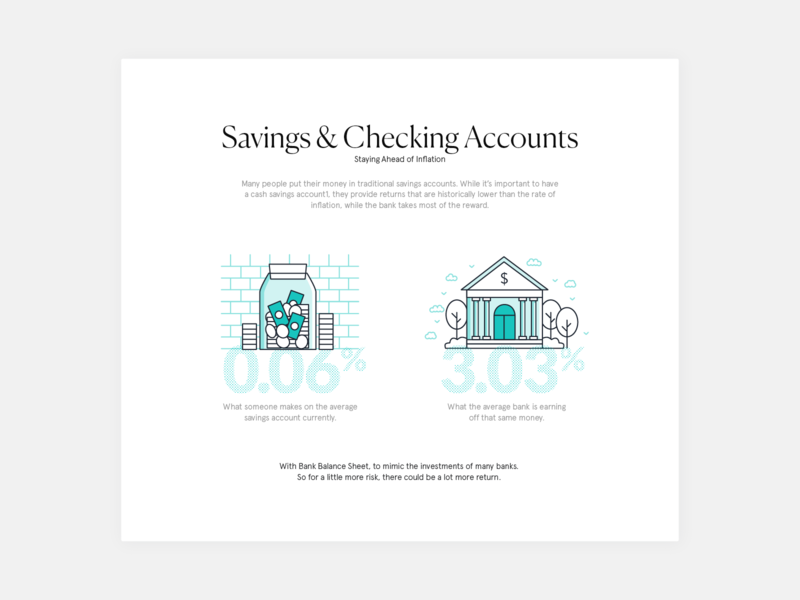The Value Of Payment Bonds In Building And Construction Tasks: Crucial Details You Need To Know
The Value Of Payment Bonds In Building And Construction Tasks: Crucial Details You Need To Know
Blog Article
Write-Up Written By-Noel Barker
Understanding the Value of payment Bonds in Building Jobs: Necessary
When you're associated with building and construction projects, understanding payment bonds is essential. They're not just a formal demand; they're a critical device that ensures subcontractors and suppliers get paid promptly. contract performance bond can make a substantial difference in how smoothly your jobs run. However exactly how do these bonds actually work, and what should you think about prior to securing one? Let's explore the crucial aspects you require to know.
Comprehending payment Bonds: Definition and Capability
payment bonds are vital devices in the building industry, guaranteeing that subcontractors and distributors earn money for their work. These bonds act as a warranty that the contractor will certainly meet their monetary responsibilities to everyone associated with the job.
When you safeguard a payment bond, you're protecting your workforce and suppliers, providing confidence that they'll get settlement for their payments. If the service provider falls short to pay, the bond provider action in to cover the unpaid quantities, protecting the rate of interests of those that gave products and solutions.
Recognizing just how payment bonds function aids you navigate the complexities of building tasks, making certain a smoother process for all celebrations included. By realizing this idea, you foster trust fund and dependability within the building ecological community.
Conveniences of payment Bonds for Building Professionals
When you consider the economic security that payment bonds provide, it's clear they offer substantial advantages for construction specialists.
Initially, these bonds make sure that subcontractors and suppliers get paid immediately, assisting you keep solid connections and a dependable labor force.
Furthermore, having payment bonds can boost your credibility, making you much more attractive to prospective customers and partners.
They additionally protect you from possible financial losses triggered by project defaults or payment disputes.
By bond collateral , you show your commitment to satisfying legal obligations, which can cause more agreement chances.
Eventually, payment bonds not just protect your finances however likewise contribute to a smoother, more effective job execution, enabling you to focus on delivering high quality work.
Secret Considerations When Obtaining a Repayment Bond
Safeguarding a settlement bond needs careful factor to consider of a number of crucial factors to ensure you're making the right selection for your construction job.
First, evaluate the bond amount needed, which generally mirrors the project's complete cost. Next, research different bonding firms to locate one with a solid reputation and experience in your sector. It's crucial to review their monetary security and claims history.
Furthermore, consider the bond's conditions, including any particular demands from the project proprietor. Do not fail to remember to compare https://ksisradio.com/pettis-county-sheriffs-reports-for-december-1-2022/ and guarantee they fit within your budget plan.
Lastly, preserve open interaction with your surety agent to make clear any doubts. With these factors to consider, you'll be much better prepared to safeguard a settlement bond that safeguards your rate of interests.
Conclusion
In summary, securing a payment bond is vital for any individual associated with construction tasks. It not only protects your subcontractors and distributors yet also enhances your online reputation and reduces monetary dangers. By recognizing the relevance of payment bonds, you can foster trust and make certain smooth task implementation. So, if you're seeking to boost your integrity and maintain strong connections in the sector, make obtaining a payment bond a concern for your following job.
